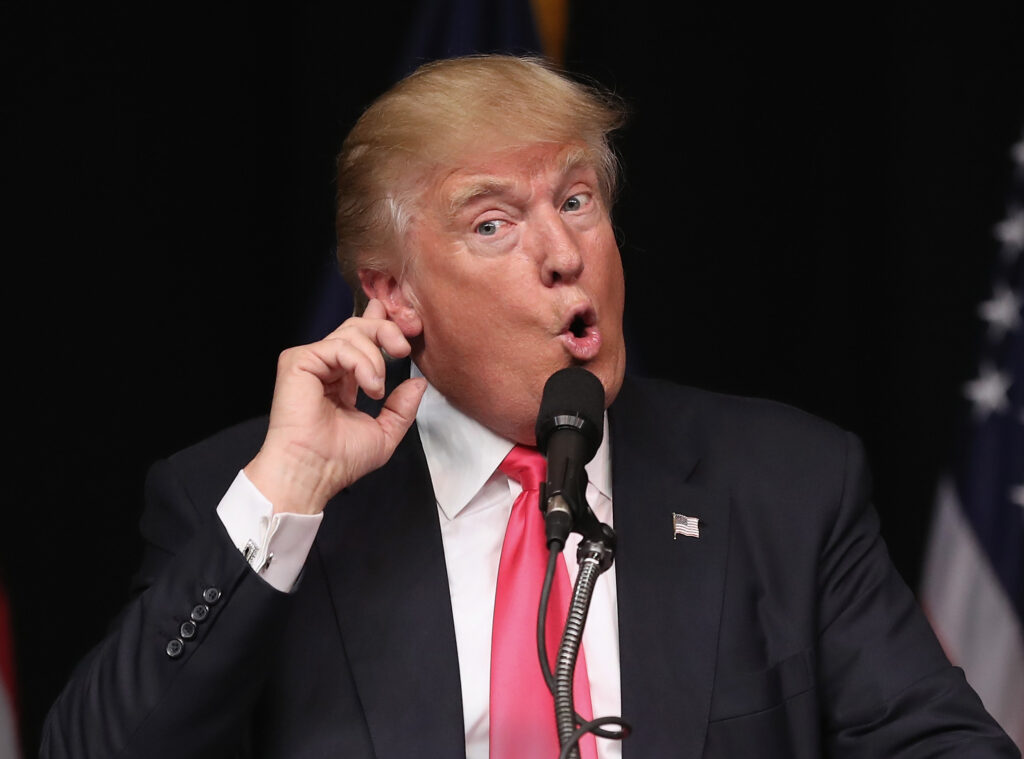U.S. Supreme Court Affirms Trump’s Eligibility for Presidential Ballot
The U.S. Supreme Court unanimously decided that individual states lack the authority to disqualify former President Donald Trump from running for president, overturning efforts by Colorado and other states to bar him from the ballot. The decision, specific to Colorado but with broader implications, clears the path for Trump to compete in the Colorado primary scheduled for Tuesday and ensures his name will appear on ballots nationwide.

The case revolved around Section 3 of the 14th Amendment, known as the insurrection clause, which prohibits individuals who have engaged in insurrection from holding federal office. While lower courts in Colorado had deemed Trump’s involvement in the January 6th Capitol riot as insurrection, the Supreme Court held that only Congress has the authority to enforce Section 3 against federal candidates. The decision prevents states from independently enforcing Section 3 against presidential candidates and resolves challenges to Trump’s eligibility pursued by voters in several other states.
Trump swiftly celebrated the ruling, labeling it a “big win for America” and emphasizing its role in “bringing our country together.” However, critics voiced disappointment, contending that the decision failed to hold Trump accountable for his actions on January 6th. They argued that the ruling, while based on technical legal grounds, missed an opportunity to address the severity of Trump’s conduct and its implications for democratic norms.
The ruling also sparked debate among the justices, with the liberal wing cautioning against the breadth of the opinion and its potential consequences. Justices Sonia Sotomayor, Elena Kagan, and Ketanji Brown Jackson expressed concern that the decision could shield alleged insurrectionists from future challenges and limit federal enforcement of the insurrection ban. They argued that the majority’s opinion went beyond the necessities of the case and raised questions about how Section 3 can be invoked to prevent individuals who pose a threat to democracy from holding federal office.
Despite the court’s decision, the controversy surrounding Trump’s eligibility under Section 3 of the 14th Amendment is expected to persist, with implications for future presidential contests. The ruling solidifies Trump’s position as the frontrunner for the Republican nomination and sets the stage for a likely rematch with Democratic President Joe Biden in the November general election. However, questions remain about the broader implications of the court’s decision and its potential impact on efforts to safeguard democracy and hold elected officials accountable.








